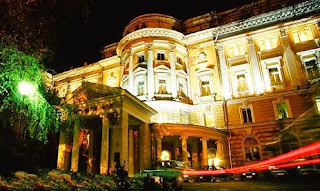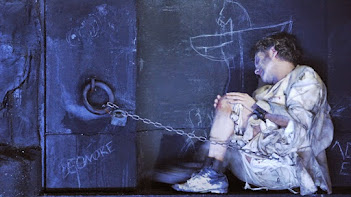Anton Arensky, Russian composer, conductor, and pianist born in Novgorod, Russia, in 1861, was the son of amateur musicians. Perhaps they saw in him the realization of the professional future that had been denied to them because as soon as the child Anton showed some musical aptitudes, the family moved to St. Petersburg so that the offspring could continue his studies in the Conservatory of the city. They were not wrong, because after graduating with a gold medal in 1882, Anton Arensky was hired by the Moscow State Conservatory, joining the teaching staff as its youngest member.
A miniaturist
Despite this promising start, Arensky never managed to enter the major leagues of Russian musical writing as a composer, as his pupils Scriabin and Rachmaninoff would. His style, miniaturist, unfolded better on the small scale, because in the larger-scale compositions he was indebted, first, to Rimski-Korsakov, and then to Tchaikovsky, although without reaching their genius. In his early forties, he opted for the performer's variant and toured Russia as a successful pianist and conductor on extensive, hectic, and vital tours. His somewhat dissipated lifestyle led him to die of tuberculosis at the age of 44.
The oblivion of eighty years
Anton Arensky (1861 - 1906)
As Rimsky-Korsakov indelicately predicted at his funeral, Anton Arensky was soon to be forgotten. Indeed he was, for a long time. It is only since the eighties of the twentieth century that there has been a renewed interest in his work. Much of it has been recorded, and today it is not uncommon to attend the performance of some of his pieces on the stages of the world. Author of a piano concerto, a violin concerto, and two symphonies along with other minor works, his Piano Trio in D minor is today part of the standard chamber music repertoire.


